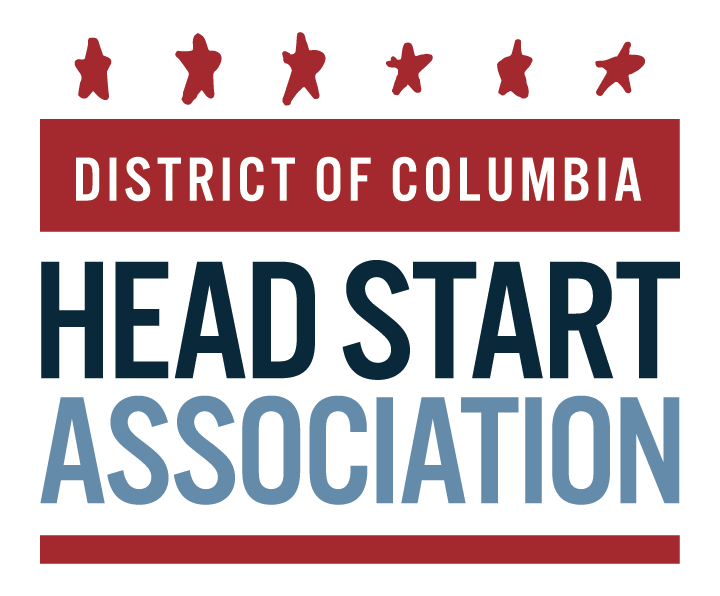Meet Madeleine Terc, Disability Coordinator at Rosemount Center
After only a few seconds of talking with Mrs. Madeleine Terc, it’s clear she’s passionate about her work as a Disability Coordinator at the Rosemount Center. It’s not how easily she cites student evaluation procedures or service partnerships that gives this away. The tell of her passion are the stories she carries with her of kids she’s worked with over the years.
“When I first started here, there was a child with Angelmann syndrome,” said Mrs. Terc. “First of all, she wasn’t walking, she wasn’t crawling. She needed assistance sitting. To do everything she needed help, even to eat. With the help of teachers, she ended up crawling. Basically she left almost walking...We bought a walker for her and she started using the walker. Mom sends me a picture of her walking. She actually graduated kindergarten, and she’s doing virtual classes until she goes back to school.”
Moments like this where Mrs. Terc and her colleagues can see the impact of their work can be months, or even years in the making. When they happen though, they’re always rewarding. “Those are the things that, the gifts that...that pride of what you do for children like, “Wow!”” said Mrs. Terc. You sit back and you’re like, “Wow, we actually did this.”
In normal times, there are a lot of steps from when a child with disabilities enters Rosemount to when the Rosemount team is able to see meaningful improvements. One of them is helping parents overcome preconceived notions of what having a disability means.
“The challenge is that the parents think that their child is going to be labeled,” said Mrs. Terc. “And I’m like, “No, this is to prevent the labeling. Now, if you wait until the child is seven years old, then that is going to stay in his record. You have this grace period where we can work fixing whatever it is that is happening at the moment, so the child can improve and comprehend when he starts going to school.”
Like with most things though, COVID-19 has brought additional challenges for the Rosemount team to overcome. This includes how they’ve approached using the Ages & Stages Questionnaire (ASQ) to screen children’s developmental progress, a standard procedure for any new student, as well as administering services such as working with therapists or home visits.
“This year, we did the ASQ’s online throughout the time that we were doing virtual,” said Mrs. Terc. “I’ll communicate with the families, but the most difficult thing for everybody was having the commitment and time for the therapist to meet with the parent and conduct the telehealth. A lot of therapists were working late at night just to give them time during the day to be with the families.”
On top of having to carve out time at night to complete their work, therapists are also limited by COVID-19 restrictions such as not being allowed to enter the Rosemount Center building (only center staff and children can do so) or visit families at home. With in-person sessions off the table, this leaves telehealth (virtual meetings) as the only option.
Along with logistical considerations, access to information can also be a barrier to services. This is especially true for families with undocumented members.
“There are a lot of lawyers out there that just take advantage of people and give them misinformation. They listen to it and [the lawyers] just keep on pulling more money, more money, more money, and abuse that trust between them.”
For Mrs. Terc, building and maintaining trust with her children and families is a top priority. “I advocate strongly for all the children with special needs, no matter what it is. I push so much and I try to work so much with the families. [Speaking] for myself, I actually go out of my way to say “I can’t do this for you, but I can guide you to do this. Forget what anybody else is telling you. These are the rules and regulations.””
Speaking with Mrs. Terc, it’s clear her passion to advocate for Rosemount’s families comes from genuinely caring about them. But in learning more about her history, you also realize it comes from another place: gratitude.
“When I started working [at Rosemount], I was going through dialysis,” said Mrs. Terc. “No one would understand how I was doing. I had to get the will out of me to say, no, I can. I will go to dialysis Monday, Wednesday and Fridays in the morning, I’ll come work about 11am. “
“The days that I felt the worst are the days that I literally got myself up and said “No, I’m going to work!” Coming to work, seeing the kids, talking with teachers. It empowered me to be strong and to say I can do this. My refuge was with the kids.”
Although COVID-19 has altered Mrs. Terc’s refuge, she still gets strength from the work that she does.
“I know sometimes it’s overwhelming and it’s tiring,” said Mrs. Terc, but the success that you see at the end, it’s a complete blessing.”


